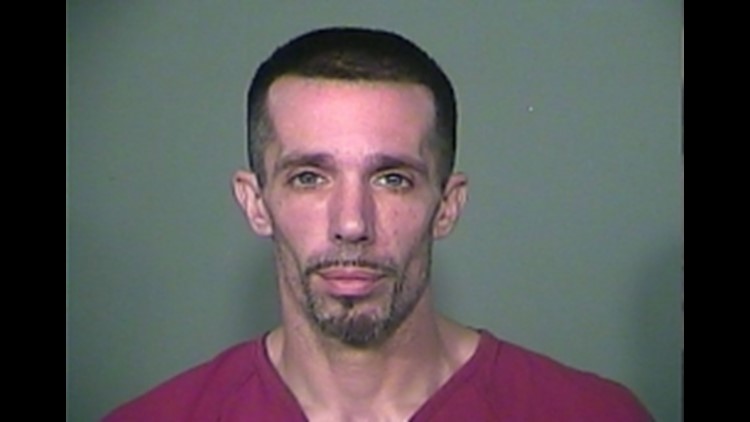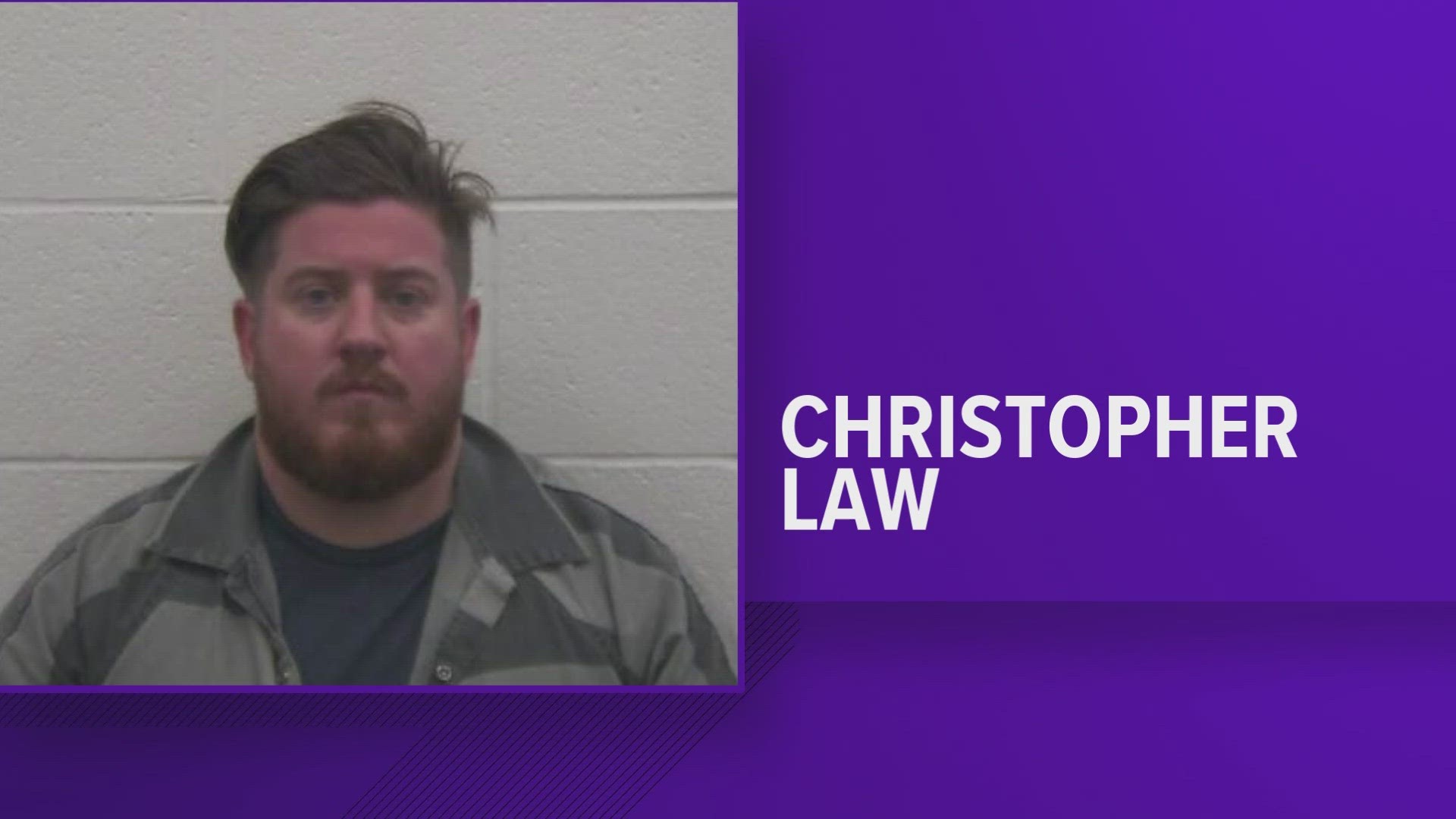Knoxville — An East Tennessee doctor who once searched an Anderson County drug suspect's rectum for contraband against his will now is admitting to drug charges of his own.
Michael A. LaPaglia, 47, signed an agreement Oct. 22 in U.S. District Court to plead guilty to charges of conspiring with another doctor to illegally hand out narcotics prescriptions and to illegally writing a prescription while using another person's identity, records show.
He faces sentencing April 9 before U.S. District Court Judge Pamela Reeves in Knoxville.
The crimes include punishment of up to 20 years in prison.
Earlier this year LaPaglia completed judicial diversion on state drug charges after Knoxville Police Department officers found dozens of jars of marijuana and pipes in his basement, records show.
Illegal prescription agreement
According to court records, LaPaglia lost his ability to write prescriptions after giving up his federal DEA Registration Number because of the Knoxville drug case.
Starting in about March 2018, he agreed with another, unidentified doctor to start handing out drug prescriptions, according to the agreement.
The unnamed doctor "agreed to give (LaPaglia) pre-signed prescriptions containing the other MD's name and DEA Registration number. The other MD also gave (LaPaglia) blank prescriptions that (LaPaglia) filled out without authority and forged the other MD's signature," the plea agreement states.
LaPaglia and the other doctor got $300 in cash a month from patients in exchange for the prescriptions, records state. Drug prescriptions made available included Suboxone, Klonopin, diazepam and Lyrica.
LaPaglia met drug patients at home or in his car at parking lots such sa McDonald's.
The illegal prescriptions were handed out through Sept. 13, 2018, according to court records.
Because LaPaglia as a doctor abused the trust placed in him, his sentence will be enhanced pursuant to federal sentencing guidelines.
Unconstitutional cavity search
In February 2010, LaPaglia played a role in the illegal body search of suspect Felix C. Booker in Anderson County, court records show.
An Oak Ridge police officer stopped a vehicle that Booker was riding in. The officer suspected he was hiding something. He found what appeared to be drugs in the car.
Authorities took Booker to the Anderson County Detention Facility.
A detention officer stripped Booker naked. A supervisor and the district attorney directed him to take Booker to the hospital for an exam, according to records.
No one secured a search warrant to check inside Booker's body.
At Methodist Medical Center, LaPaglia used his finger to try to inspect Booker's rectum, according to records. Booker resisted and objected.
Then, LaPaglia had a nurse inject Booker with 10 milligrams of midazolam, a sedative and muscle relaxant. The doctor felt something but couldn't retrieve it, and Booker continued to resist.
Finally, LaPaglia gave Booker 20 milligrams of another sedative and 125 milligrams of a paralytic agent. He also put a breathing tube in Booker's throat so he'd be able to breathe.
"This search was successful and LaPaglia removed a white object from Booker's rectum," a ruling from the 6th Circuit U.S. Court of Appeals states.
A federal grand jury indicted Booker for possession of crack cocaine, and despite his lawyer's efforts, the search was found to be legal and he was convicted.
On appeal in 2015, however, the case against Booker was thrown out.
The appellate court in Cincinnati found, in part, that LaPaglia had acted at the behest of Anderson County authorities and that the rectal search was illegal.
Federal prosecutors elected not to retry Booker.
State drugs case resolved this year
A domestic dispute between LaPaglia and his girlfriend led to Knoxville police discovering marijuana in LaPaglia's Fox Cove Road home off Pellissippi Parkway in September 2013, according to warrants.
Police found, among other things, 45 quart-size mason jars with marijuana, a grow light, a scale, a ledger indicating sales and amounts and 127 glass pipes, according to records.
In 2014, LaPaglia was put on judicial diversion on two counts of drug sales, records show. In February 2018, the cases were dismissed because he'd successfully stayed out of trouble and met the terms of his judicial diversion.
As a result of his Knox County Criminal Court case, LaPaglia had surrendered his DEA Registration Number.



